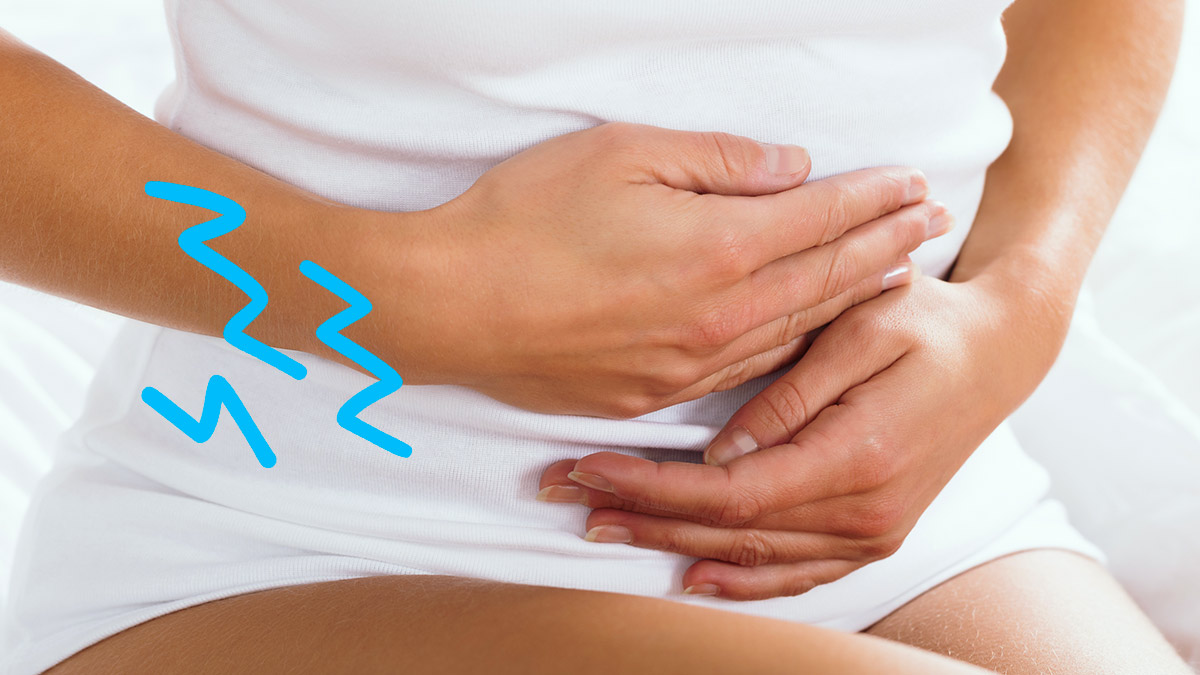Most women experience pre-menstrual syndrome and menstrual cramps which are extremely painful and uncomfortable. There are natural ways to manage these pains and these are discussed below:
Increase Fluid Intake
Drink 6 to 8 glasses of water per day, especially during your period. Add some mint or a lemon wedge to make it more efficient. You can also reduce your salt intake, this encourages fluid retention and bloating. If you don’t like the taste of plain water, you can take a glass of fruit-infused water the first thing after you get up in the morning or take ginger tea.
Eat healthy
During your period, it is healthy to take anti-inflammatory foods like cherries, blueberries, squash, tomatoes, and bell peppers. Also, you can consider that foods that are high in omega-3 fatty acids. Eat more calcium-rich beans, almonds, and dark leafy greens. These foods contain compounds that combat inflammation.
Ginger
It has been researched that ginger helps relieve menstrual cramp. This has no side effect and works as well as medicines used for the purpose of relieving cramps.
Turmeric
Turmeric powder consists of curcumin which helps battle menstrual pain. Scientists believe that the beneficial compounds in curcumin combat inflammation, which may be responsible for the reduction of period cramps.
Heating Pad
Applying a heating pad, heat wrap, or hot water bottle to the abdomen works wonders for relieving menstrual cramps. Heat helps muscles relax.
Exercise
Exercise releases endorphins, brain chemicals that promote well-being. Any form of exercise helps the body feel better during menstrual cramps.
Massage
Massaging your abdomen for as little as 5 minutes a day may be able to help relieve menstrual cramps. Massage encourages blood flow. For the massage, you can use oils such as fenugreek oil, lavender, to mention a few. These oils have compounds that help in relieving menstrual cramps.
The medical information provided in this article is provided as an information resource only. This information does not create any patient-physician relationship and should not be used as a substitute for professional diagnosis and treatment.




